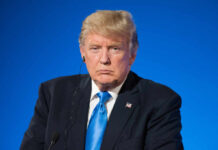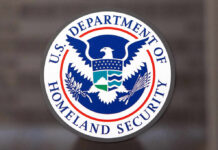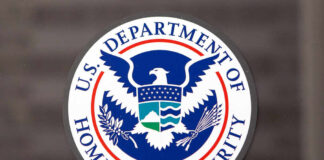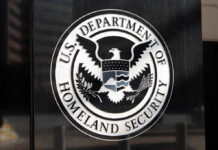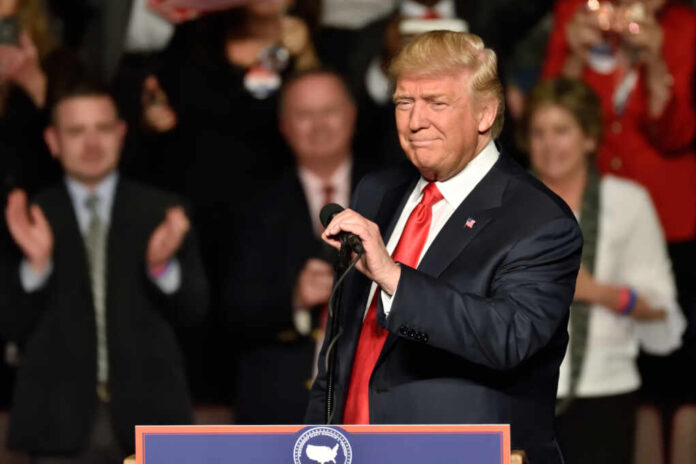
The Supreme Court will hear arguments on whether former President Donald Trump is immune from prosecution in Special Counsel Jack Smith’s election interference case on April 25.
Last week, the Supreme Court agreed to hear the case from Trump after lower courts rejected his presidential immunity defense from criminal charges related to his alleged attempts to overturn the results of the 2020 presidential election.
BREAKING: The US Supreme Court sets arguments on the Trump immunity case for April 25 pic.twitter.com/i7GSxc0ZIm
— Charlie Kirk (@charliekirk11) March 6, 2024
The arguments will take place on the last day of the court’s calendar. The court’s ruling is highly anticipated after the election case, prosecuted by special counsel Jack Smith in Washington, DC, essentially stopped when Trump came forward with his defense.
In a filing submitted to the high court on Wednesday, Smith emphasized the need for a prompt trial ahead of the 2024 presidential election, saying a delay “threatens to frustrate the public interest in a speedy and fair verdict.”
A ruling from the high court is expected by late June. Trump’s criminal trial has been put on hold pending a resolution.
Trump and his legal team, in requesting the Supreme Court review the issue of presidential immunity, said that “if the prosecution of a President is upheld, such prosecutions will recur and become increasingly common, ushering in destructive cycles of recrimination.”
“Criminal prosecution, with its greater stigma and more severe penalties, imposes a greater personal vulnerability on the President than any civil penalty. The threat of future criminal prosecution by a politically opposed Administration will overshadow every future President’s official acts, especially the most politically controversial decisions,” the request states.
Trump’s request states that the president’s “political opponents will seek to influence and control his or her decisions via effective extortion or blackmail with the threat, explicit or implicit, of indictment by a future, hostile Administration, for acts that do not warrant any such prosecution.”
Smith charged the former president with conspiracy to defraud the United States, conspiracy to obstruct an official proceeding, obstruction of an attempt to obstruct an official proceeding, and conspiracy against rights. Those charges stemmed from Smith’s investigation into whether Trump was involved in the Jan. 6 Capitol riot and any alleged interference in the 2020 election result.
Trump pleaded not guilty to all charges in August. This will be the second time this term the Supreme Court will hear a case involving the presumed Republican presidential nominee.



